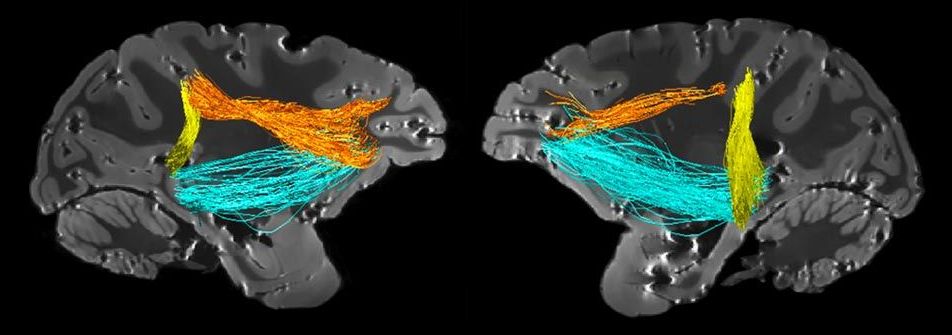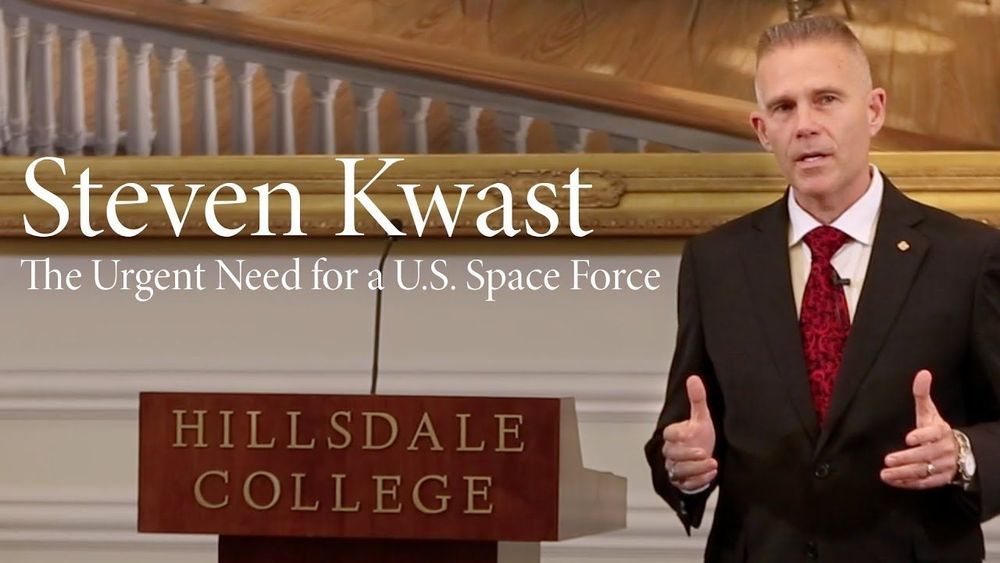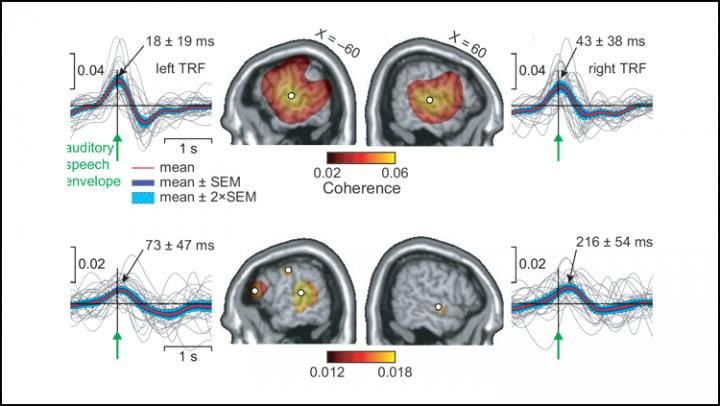
As you read this line, you’re bringing each word into clear view for a brief moment while blurring out the rest, perhaps even ignoring the roar of a leaf blower outside. It may seem like a trivial skill, but it’s actually fundamental to almost everything we do. If the brain weren’t able to pick and choose what portion of the incoming flood of sensory information should get premium processing, the world would look like utter chaos—an incomprehensible soup of attention-hijacking sounds and sights.
Meticulous research over decades has found that the control of this vital ability, called selective attention, belongs to a handful of areas in the brain’s parietal and frontal lobes. Now a new study suggests that another area in an unlikely location—the temporal lobe—also steers the spotlight of attention.
The unexpected addition raises new questions in what has long been considered a settled scientific field. “The last time an attention controlling area was discovered was 30 years ago,” says Winrich Freiwald, head of Rockefeller’s Laboratory of Neural Systems, who published the findings in the Proceedings of the National Academy of Sciences on November 4, 2019, “This is a fundamental discovery that might require a rethinking of old concepts about attentional control.”


















